Read this before buying a monitor
Stay Up to Date on Medicare!
What is a home heart monitor?
How do you know if you need a home heart monitor?
What are the benefits of having a home heart monitor?
Does Medicare cover home heart monitors?
What are some examples of home heart monitors?
How to get a home heart monitor if you need one?
How to use a home heart monitor?
Common problems with home heart monitors and how to solve them
The cost of owning a home heart monitor
Takeaway
Stay Up to Date on Medicare!
Recommended Articles

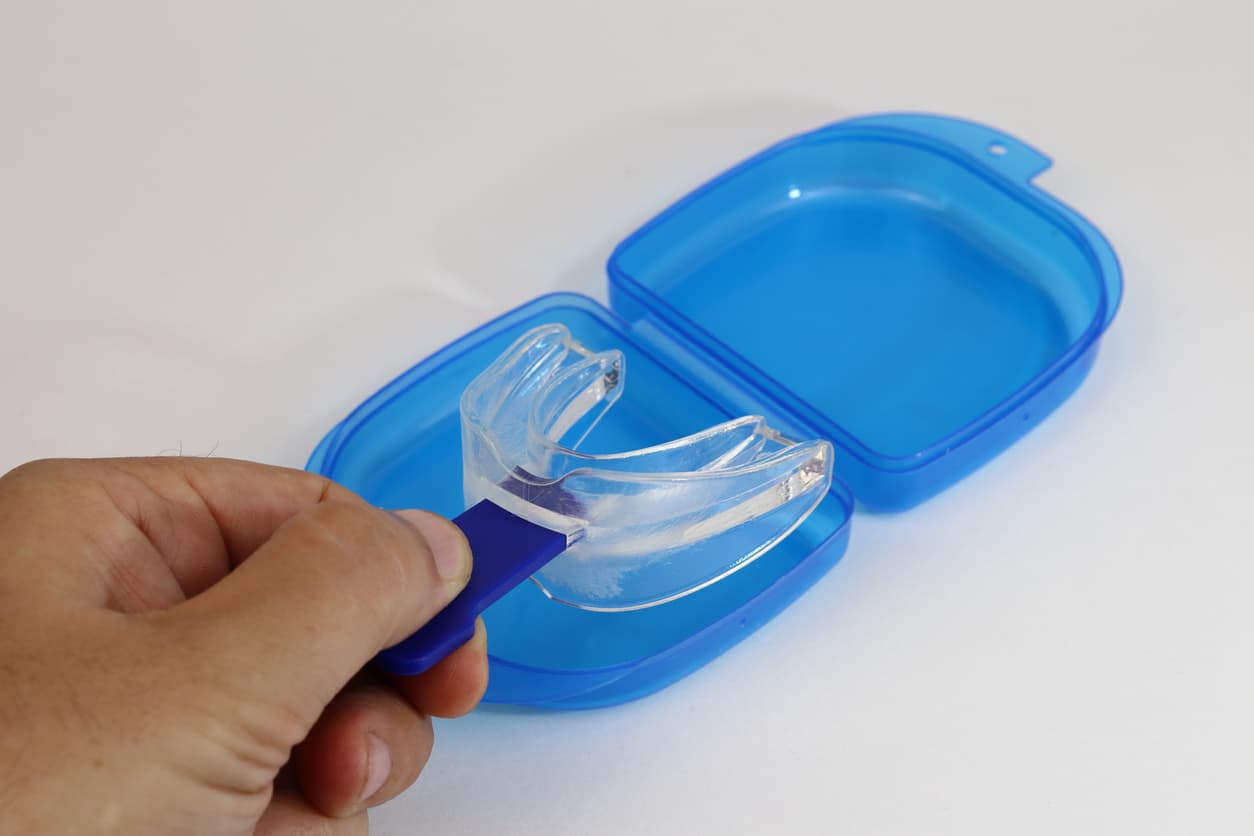

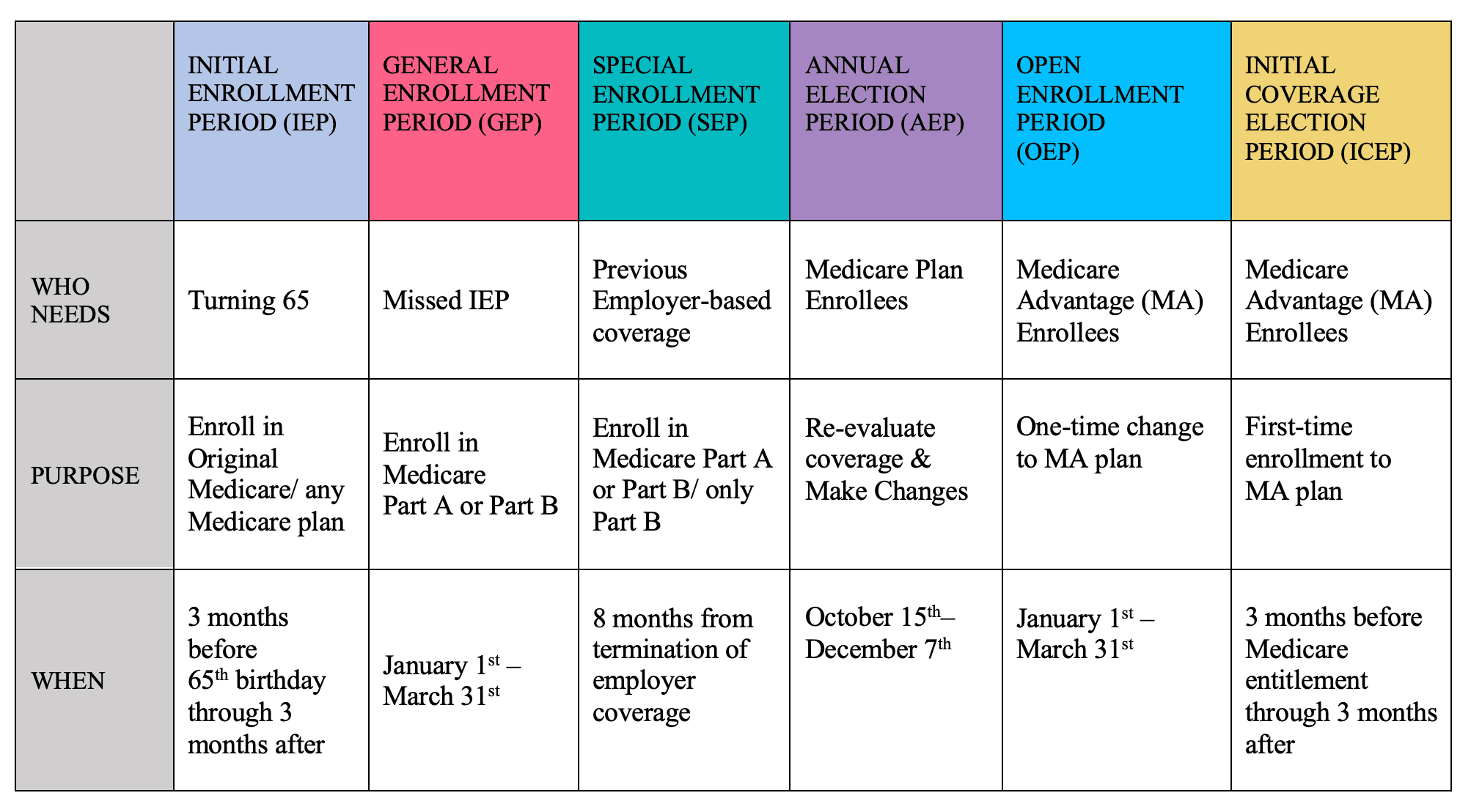

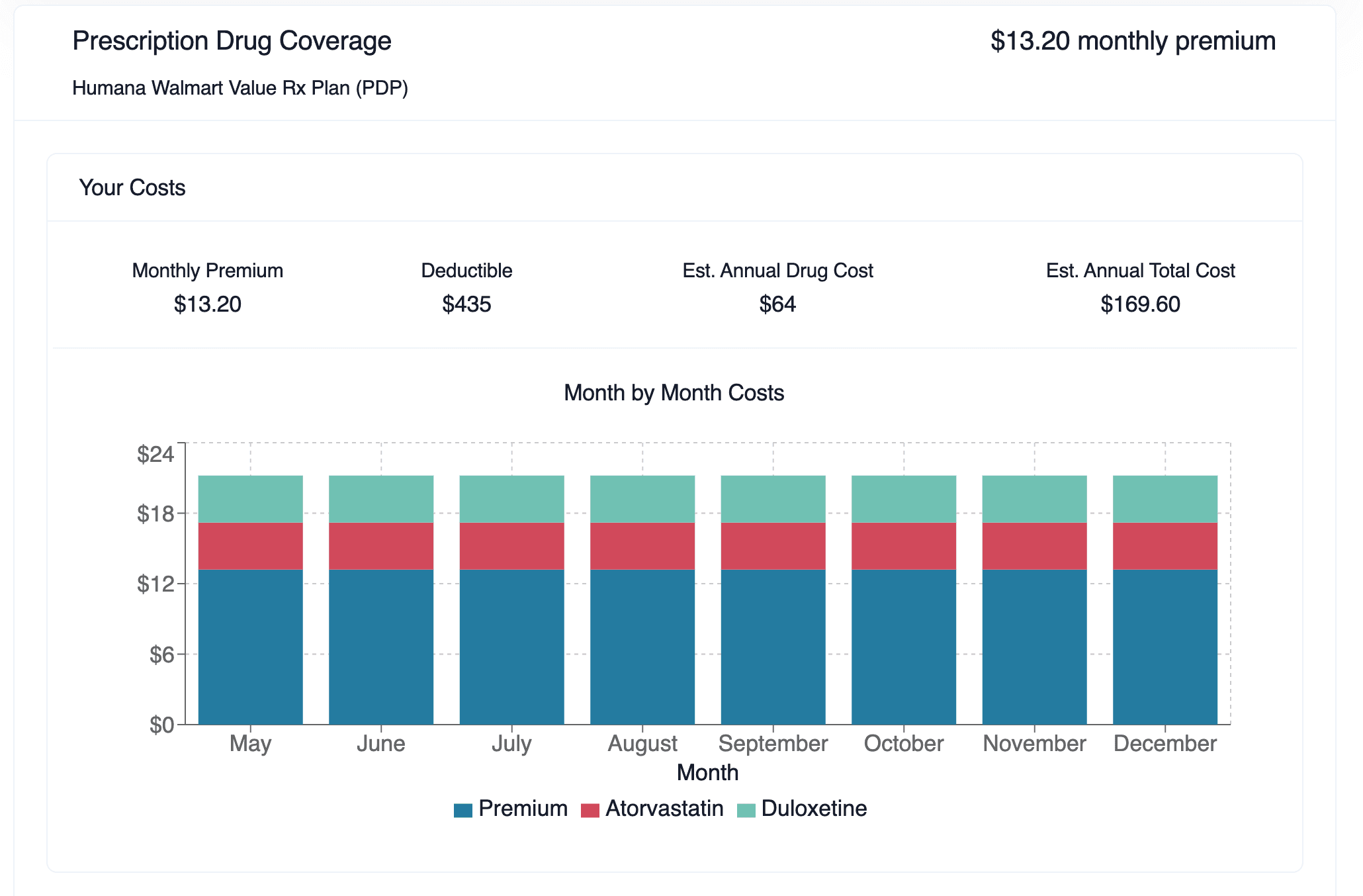

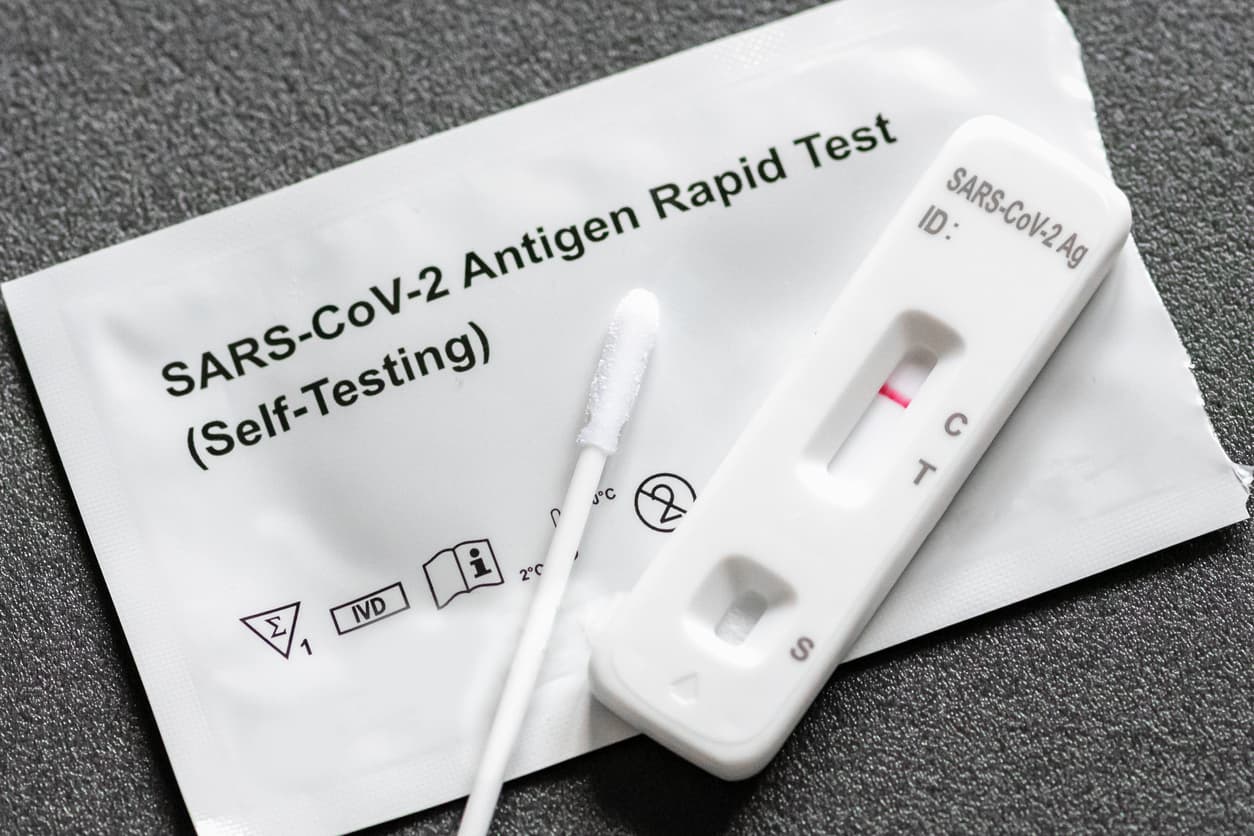





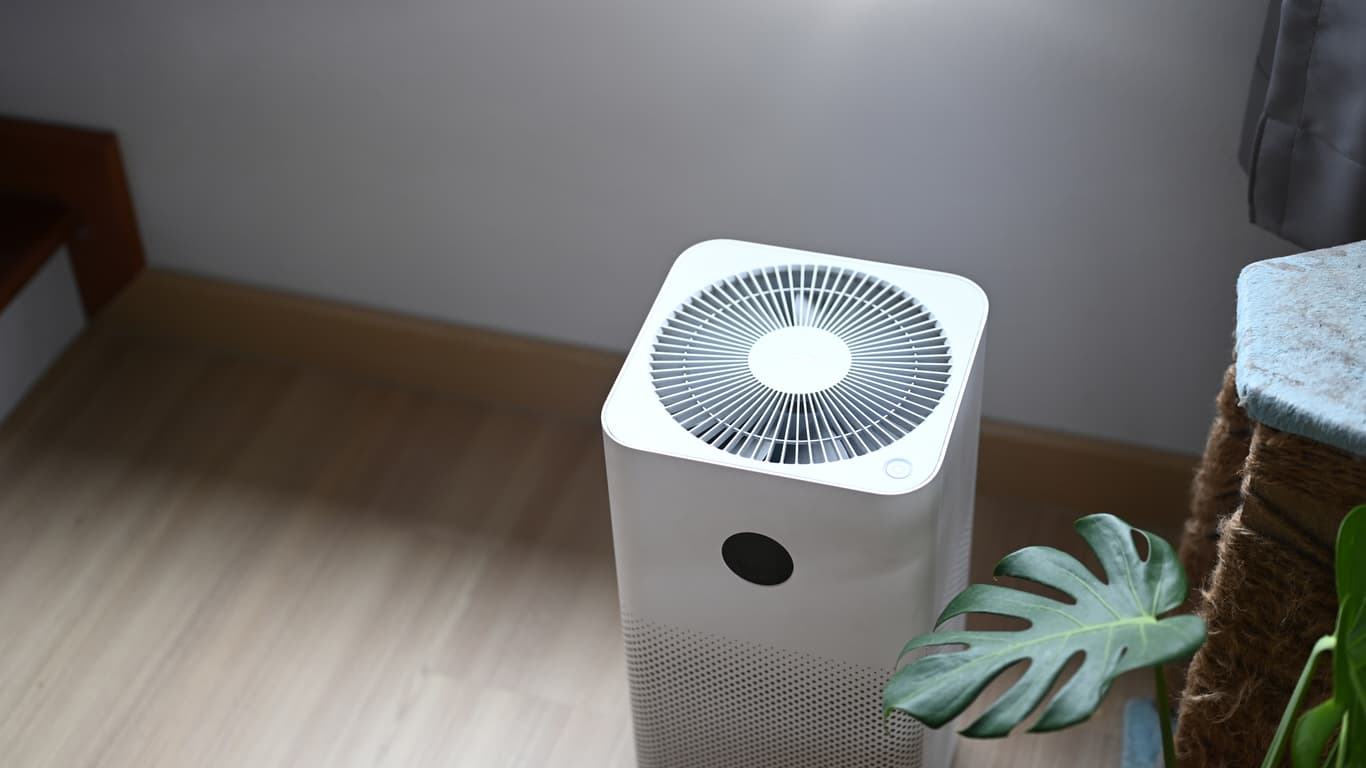




More of our articles
13 Best Ways for Seniors to Stay Active in Indianapolis
13 Best Ways for Seniors to Stay Active in Jacksonville
2024 "Donut Hole" Updates
Are Medicare Advantage Plans Bad?
Building the Future of Senior Healthcare
Can Doctors Choose Not to Accept Medicare?
Can I Change Medicare Advantage Plans Any Time? | Medicare Plans
Can Medicare Help with the Cost of Tyrvaya?
Comparing All Medigap Plans | Chart Updated for 2023
Do All Hospitals Accept Medicare Advantage Plans?
Do I Need Medicare If My Spouse Has Insurance?
Do Medicare Supplement Plans Cover Dental and Vision?
Do You Need Medigap if You're Eligible for Both Medicare and Medicaid?
Does Medicare Cover a Spinal Cord Stimulator?
Does Medicare Cover Cardiac Ablation?
Does Medicare Cover Cartiva Implants?
Does Medicare Cover Cold Laser Therapy (CLT)?
Does Medicare Cover ESRD Treatments?
Does Medicare Cover Fosamax?
Does Medicare Cover Geri Chairs?
Does Medicare Cover Hearing Aids?
Does Medicare Cover Home Heart Monitors?
Does Medicare Cover Hypnotherapy?
Does Medicare Cover Ilumya?
Does Medicare Cover Inspire for Sleep Apnea?
Does Medicare Cover Kidney Stone Removal?
Does Medicare Cover LVAD Surgery?
Does Medicare Cover Macular Degeneration?
Does Medicare Cover Medical Marijuana?
Does Medicare Cover Nuedexta?
Does Medicare Cover Ofev?
Does Medicare Cover Orthodontic Care?
Does Medicare Cover Oxybutynin?
Does Medicare Cover Piqray?
Does Medicare Cover Robotic Surgery?
Does Medicare Cover Service Animals?
Does Medicare Cover SIBO Testing?
Does Medicare Cover Urodynamic Testing?
Does Medicare Cover Vitamins?
Does Medicare Pay for Antivenom?
Does Medicare Pay for Bunion Surgery?
Does Medicare Pay for Varicose Vein Treatment?
Does Your Plan Include A Free Gym Membership?
Everything About Your Medicare Card + Medicare Number
How Are Medicare Star Ratings Determined?
How Much Does Medicare Cost?
How Much Does Medicare Part B Cost in 2023?
How Much Does Rexulti Cost with Medicare?
How Much Does Trelegy Cost with Medicare?
How to Choose a Medigap Plan
Is Emsella Covered by Medicare?
Is Gainswave Covered by Medicare?
Is the Shingles Vaccine Covered by Medicare?
Medicare 101
Medicare Advantage MSA Plans
Medicare Advantage Plans for Disabled People Under 65
Medicare Consulting Services
Medicare Supplement Plans for Low-Income Seniors
Medigap vs. Medicare Advantage
Plan G vs. Plan N
The Easiest Call You'll Ever Make
The Fair Square Bulletin: August 2023
The Fair Square Bulletin: June 2023
What Happens to Unused Medicare Set-Aside Funds?
What Is a Medicare Advantage POS Plan?
What Is a Medicare Supplement SELECT Plan?
What Is Medical Underwriting for Medigap?
What's the Deal with Flex Cards?
What's the Difference Between HMO and PPO Plans?
Why You Should Keep Your Medigap Plan
Will Medicare Cover Dental Implants?
Will Medicare Cover it?
Medicare savings tips, helpful guides, and more.
Virgil Insurance Agency, LLC (DBA Fair Square Medicare) and www.fairsquaremedicare.com are privately owned and operated by Help Button Inc. Medicare supplement insurance plans are not connected with or endorsed by the U.S. government or the federal Medicare program. This is a solicitation of insurance. A licensed agent/producer may contact you. Medicare Supplement insurance is available to those age 65 and older enrolled in Medicare Parts A and B and, in some states, to those under age 65 eligible for Medicare due to disability or End-Stage Renal disease. Virgil Insurance Agency is a licensed and certified representative of Medicare Advantage HMO, HMO SNP, PPO, PPO SNP and PFFS organizations and stand-alone PDP prescription drug plans. Each of the organizations we represent has a Medicare contract. Enrollment in any plan depends on contract renewal. The plans we represent do not discriminate on the basis of race, color, national origin, age, disability, or sex. Plan availability varies by region and state. For a complete list of available plans please contact 1-800-MEDICARE (TTY users should call 1-877-486-2048), 24 hours a day/7 days a week or consult www.medicare.gov. © 2022 Help Button Inc
We do not offer every plan available in your area. Any information we provide is limited to those plans we do offer in your area. Please contact Medicare.gov or 1-800-MEDICARE to get information on all of your options.
MULTIPLAN_FairSquareMedicare_01062022_M

